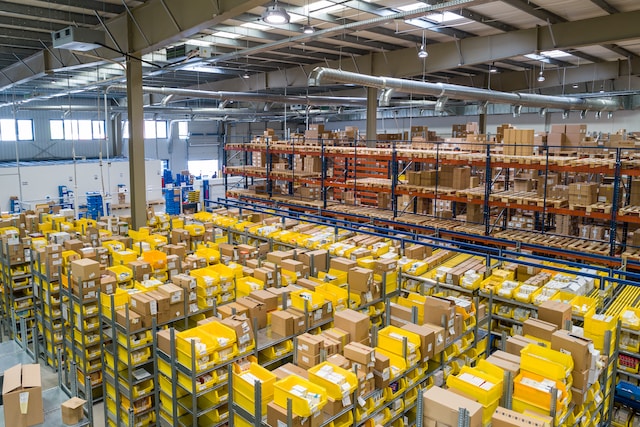Raising Pythons for Human Consumption
In the face of a growing global population and environmental concerns associated with conventional meat production, researchers are exploring unusual avenues for sustainable protein sources. One such proposition gaining traction is the potential of raising pythons for human consumption.
Comparing Python Meat to Traditional Livestock
Consuming meat-heavy diets is widely acknowledged as detrimental to the environment. Several studies indicate that producing just 100 grams of protein from beef emits approximately 49.89 kilograms of carbon dioxide. However, recent research has investigated the viability of commercially farming pythons and evaluated their environmental impact compared to traditional livestock farming practices. An international team of researchers conducted a study focusing on two python species, the reticulated and Burmese, over a 12-month period on a farm located in Southeast Asia. Their findings suggest that python meat could offer a significantly less carbon-intensive alternative to current meat options.
Advantages of Python Farming: Efficiency and Environmental Benefits
Considering pythons for meat production offers environmental benefits, as they require less feed and resources, resulting in a lower ecological footprint compared to traditional livestock. Moreover, pythons exhibit efficient feed conversion ratios and rapid growth rates, contributing to a potentially more sustainable meat production system.
Challenges Ahead:
Introducing python meat into mainstream food systems faces unique challenges. These challenges include public perception, ethical concerns, and infrastructure/regulatory requirements. Despite current skepticism, this research paves the way for exploring sustainable protein sources to address global population growth.







